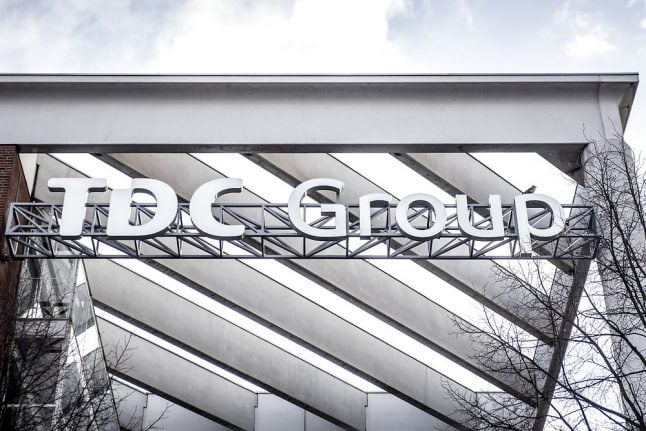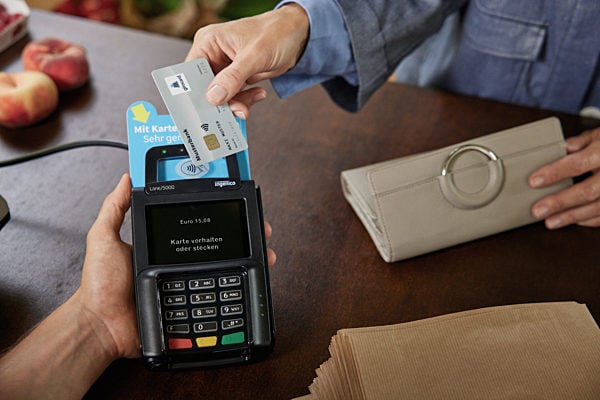Broadcaster DR and 18 other European media investigated papers relating to the case, including internal documents and mails from the bank.
The affair is now being investigated as a fraud.
“There are documents that show clearly how this business model works, and that it was used regularly,” Christoph Spengel, a professor in taxation at the University of Mannheim, told DR.
“The documents were shared between several people at MacQuarie and it is clear there is a sense of confidence in these arrangements not being traceable back to the bank,” Spengel said.
The Australian banking giant has for several years been involved in a network of international banks and law firms specialising in various forms of tax avoidance, DR reports.
Two closely-related tax schemes have helped banks and investors avoid tax or even syphon cash directly out of European treasuries totalling billions more than previously thought, the investigation by DR and 18 fellow media revealed on Thursday.
Complex stock transactions around the days when companies pay out dividends have cost taxpayers as much as 55 billion euros ($63 billion) in lost revenue or outright fraud since 2001, the media investigations found.
The schemes were first uncovered in Germany in 2012, but Thursday’s investigation found evidence of the practices in France, Spain, Italy, the Netherlands, Denmark, Belgium, Austria, Finland, Norway and Switzerland, AFP writes.
Accounting for the bulk of the total at 46 billion euros, technically legal tax avoidance exploited varying treatment of domestic and foreign shareholders.
Such deals deprived Germany of 24.6 billion euros in tax revenue, France 17 billion and Italy 4.5 billion, according to the investigation led by investigative journalism website Correctiv with big-name outlets like German public broadcaster ARD and French newspaper Le Monde.
Meanwhile, other clearly fraudulent deals drew in more parties in a complex dance around the taxman.
In the deals, stock changes hands so quickly that the tax authorities are unable to identify who is the true owner.
Working together, the investors can claim multiple rebates for tax paid on the dividend and share out the profits amongst themselves — with the treasury footing the bill.
This practice cost Germany 7.2 billion euros, Denmark 1.7 billion and Belgium 201 million, the investigation found.
Since 2012, six criminal investigations have been opened in Germany, including against tax lawyer Hanno Berger and several stock market traders.
Norway's tax authority told AFP that it had uncovered a fraud worth 580,000 Norwegian kroner ($70,533 or 61,304 euros) in 2013 and blocked several later attempts after a warning from Denmark.
The country has since strengthened its surveillance, it added.
Meanwhile, Danish prosecutors have been studying tax practices around dividends since 2015 and are examining “whether there is a basis for criminal proceedings against people or companies involved,” spokesman Simon Gosvig said.
Pierre Moscovici, European Commissioner for economic and financial affairs, tweeted in response to the investigation that European tax authorities should share more information and improve transparency.
“If the fraudsters' imagination is limitless, my determination is as well,” he wrote.
READ ALSO: Nordea reported to Denmark investigators over money laundering



 Please whitelist us to continue reading.
Please whitelist us to continue reading.